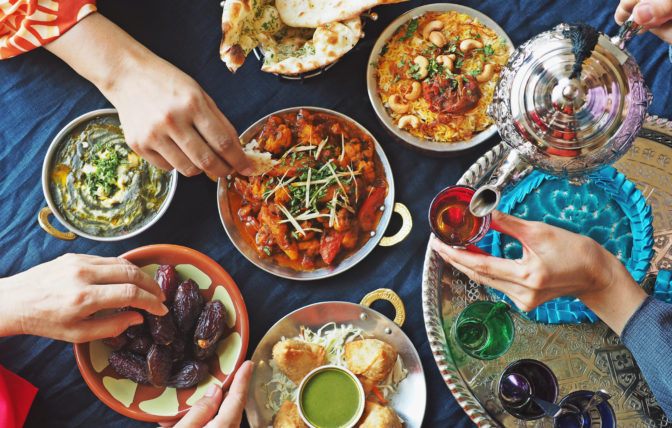
 "
"

 "
"

When it comes to dining out with friends and family, finding the perfect restaurant can be a delightful experience. However, for many Muslims in Minnesota, the choices are limited due to the scarcity of halal dining options.
In Islam, adhering to halal dietary guidelines is crucial, as it means consuming only permissible items. Halal food must meet specific Islamic requirements, such as the humane treatment of animals during slaughter and avoiding certain ingredients like pork-based substances and growth hormones.
While some Arabic, Somali, and Indian restaurants in Minnesota offer halal options, popular food chains often lack these novel choices. This dearth of halal offerings in mainstream eateries poses a challenge for Muslim residents seeking more accessible options.
Introducing halal choices can be a smart move for businesses. Quick, a French fast food chain, recognized the benefits of catering to regions with a sizable Muslim population. After a successful six-month trial of halal options in various large cities in France, Quick saw increased sales, doubled customer numbers, and higher average spending.
The demand for halal meats is on the rise across the United States, with a projected growth in the Muslim population, making it the second-largest religious group by 2040. Already, halal meat sales have seen a 15% increase from 2012 to 2015, indicating a clear market demand.
Certain restaurants in Minnesota have started to address this demand by offering halal options. Establishments like BB.Q Chicken in Minneapolis, Popeyes in Brooklyn Center, and Thai Express in Maple Grove have adapted their menus to cater to the growing market.
Advocating for halal options is the first step to increasing availability. For instance, in 2017, the University of Minnesota responded to the requests of Jewish and Muslim student groups and began offering both Kosher and halal foods in its dining halls.
However, the concept of halal food is not without controversy, with some social media posts exhibiting Islamophobic themes. Overcoming fear and misinformation is essential in fostering positive dialogue and understanding. The term “halal” should not evoke panic; it simply indicates how meat has been prepared, just like classifications such as gluten-free or vegetarian.
To create a thriving and inclusive restaurant industry, embracing diverse dietary needs and preferences is crucial. While the availability of halal options in Minnesota may currently be limited, there is a growing awareness of the demand for such choices among the Muslim population. It is time for restaurant owners to bridge the gap and introduce options that cater to all dietary requirements.